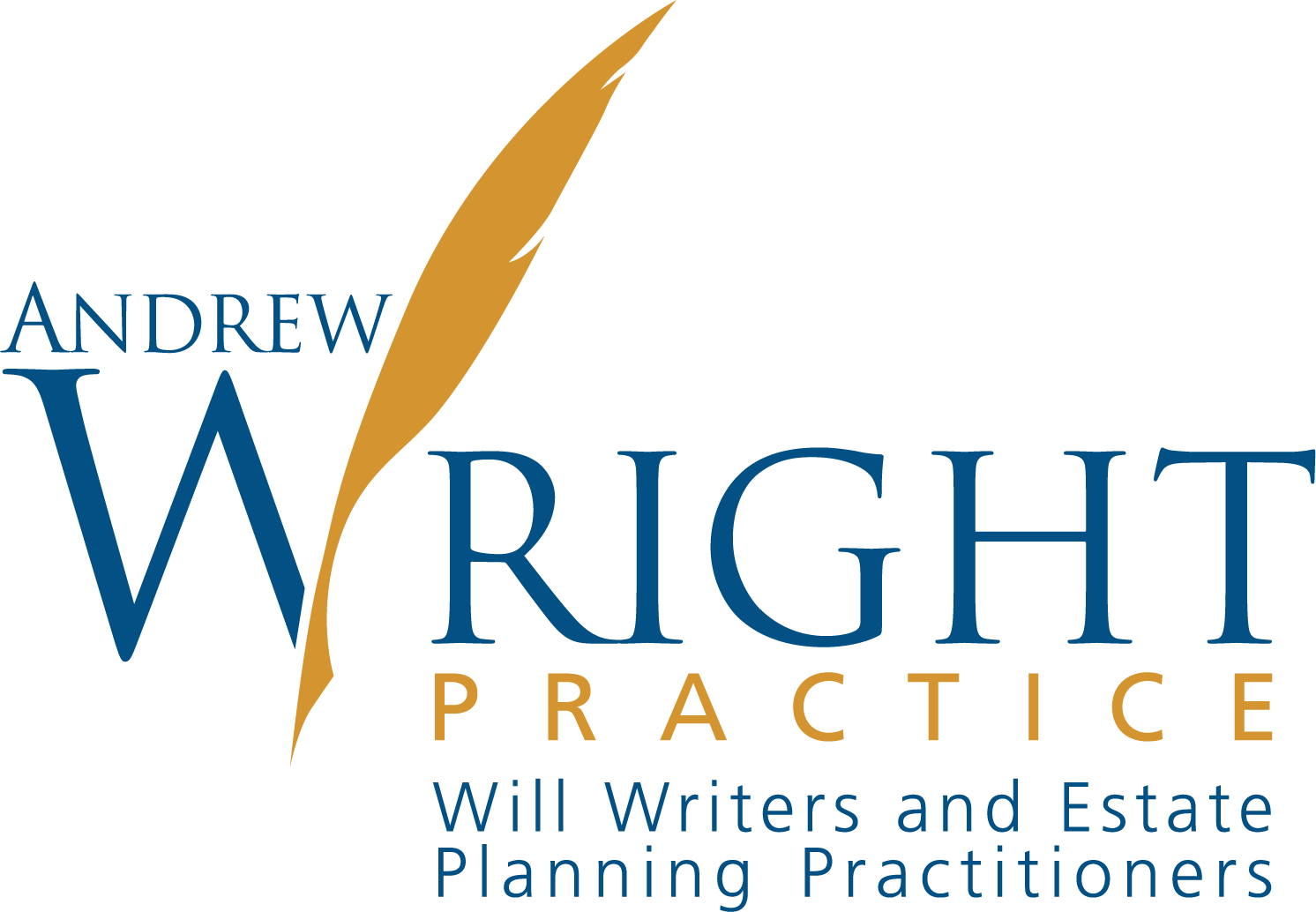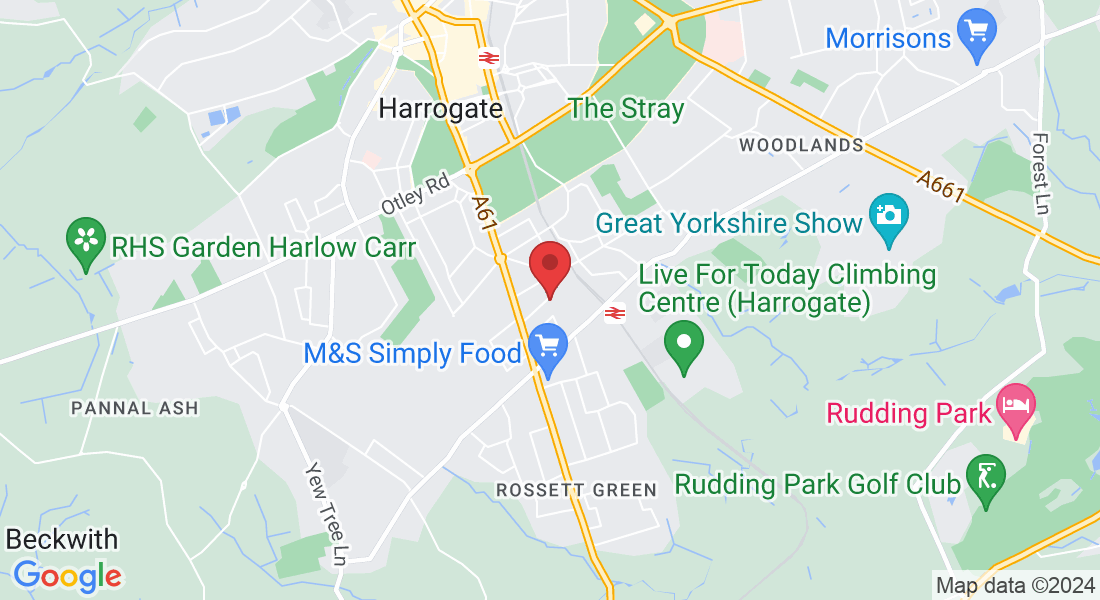Free Consultation: 01423 520873
Will Planning
Thousands of people run the risk of leaving unintended bequests to the state on their death because they have failed to complete a Will.
According to new research by Charity Will Aid, people living together outside marriage or civil partnerships are most at risk. About one in ten wrongly believes that their partner will automatically get guardianship of their children.
Making a Will should be a priority for anyone who owns a house, car or has any savings. If you don't have a Will then your estate, as your belongings become known on your death, will be distributed according to the laws of intestacy. This means that, in England and Wales, a spouse or civil partner is entitled to the first £322,000. Above this the remainder is split in half with the spouse or civil partner receiving the income but not the capital during their life, plus personal items.
The other half is split equally between any children. They then receive the other half share of the capital on the spouse or civil partner's death. If there are no children then the spouse or civil partner will receive everything if none of these is still alive and there are no close relatives then the entire estate goes to the Crown regardless of any unmarried partner who may have lived with the deceased for a number of years.
Making a Will is something that everyone means to get round to one day, but keeps putting off. The trouble is, no one likes to think about death, particularly their own. It is a subject that we usually try to put to the back of our minds. However, there are numerous benefits in writing a Will, which relate not only to who should inherit your estate. For example, you may also:
Appoint Guardians for minor children
Stipulate who should deal with your estate
State your funeral wishes
Stipulate at what age any children will inherit - usually 18, 21 or 25
Attach conditions to any gifts you may wish to make
Stipulate which, if any, gifts should be free or subject to Inheritance Tax
Avoid family disputes


Appointing Guardians for Minor Children
What happens to children on the death of a parent?
This depends on your particular circumstances and the plans that you have put in place. If there is no surviving parent with 'parental responsibility', and no appointment of a guardian has been made, then the child becomes the responsibility of the Court. Until such time as the Court appoints a guardian, the child may be taken into care. Appointing a guardian, rather than leaving the decision to a court, has several important advantages:
you can choose the person whom you would wish to care for your child, rather than leaving the decision to a judge
if you feel that it is appropriate, you can discuss your choice with your child so that he or she has the security of knowing who will take care of them in the event of your death
you can discuss your wishes for your child's upbringing with your chosen guardian and leave him or her a detailed letter of your wishes
you can discuss your choice with your family and pre-empt any dispute about who should care for your child after your death.
FREE Consultation.
Make an Appointment
By providing my phone number, I agree to receive emails and SMS text messages from the Andrew Wright Practice.
Address and email
Email: [email protected]
Address
Andrew Wright Practice,
43 Tewit Well Road,
Harrogate,
North Yorkshire, HG2 8JJ
Get In Touch
Office Hours
Mon – Fri 9:00am – 5:30pm
Saturday - CLOSED
Sunday – CLOSED
Phone Number:

